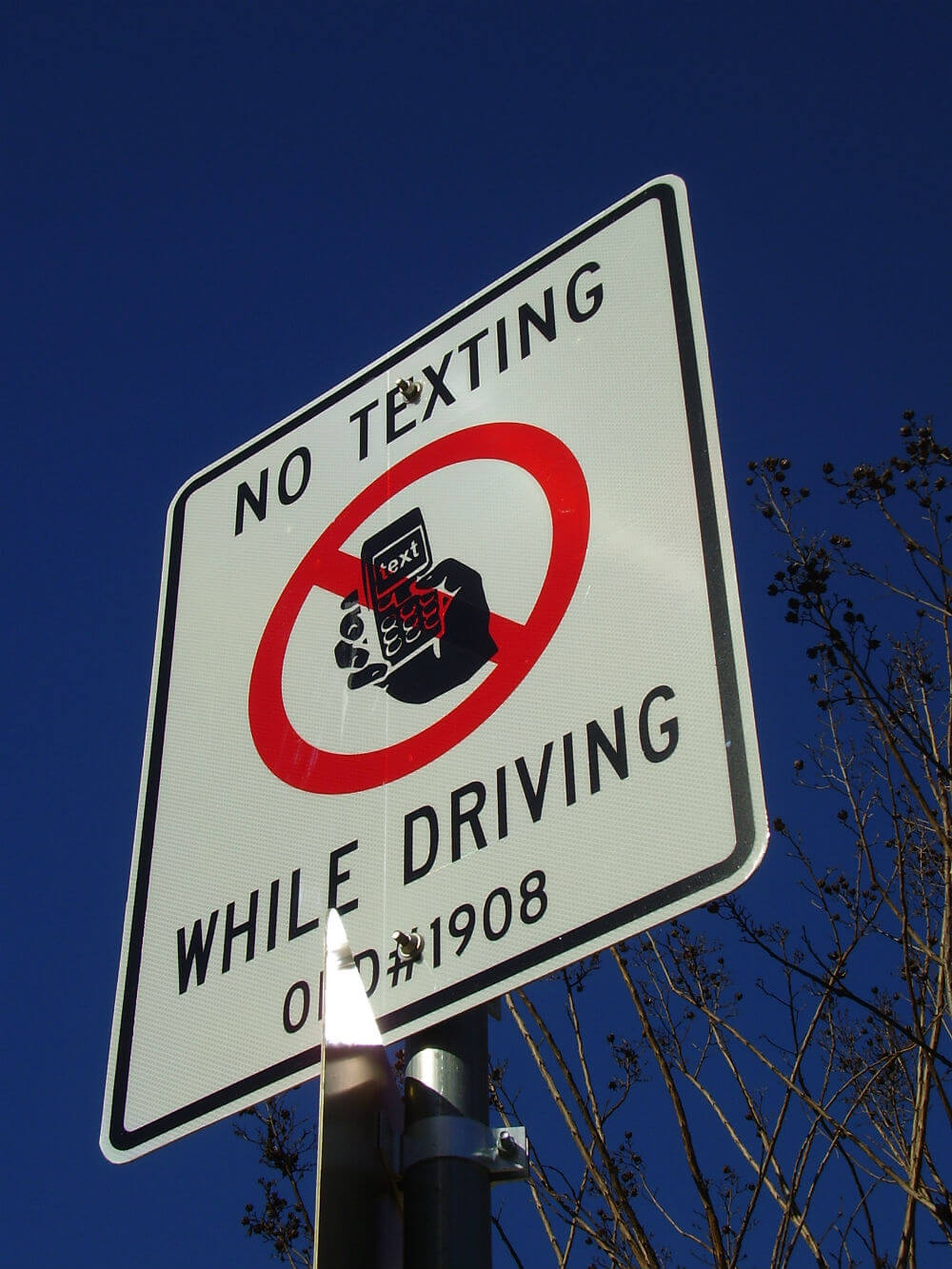
Distracted Driving Is Making Roads More Dangerous -- Who Is The Worst Offender?
Written by Craig Rogers, Posted on , in Section Teens & Tweens
Distracted drivers are everywhere despite that the first lesson of driving is to never take your eyes off of the road.
A short time after we learn to drive, the thrill that we once felt while driving transforms from something fun into something mundane. New drivers are often cautious for a time after getting their license. Teen drivers quickly throw that caution to the wind and start to attempt to multitask while driving, according to the New England Journal of Medicine in a report that should come as no surprise to those of us with even the smallest amount of common sense.
After several thousand hours of driving, more experienced, older drivers can handle eating or talking without too much risk. Generally for new drivers, distractions such as talking on the phone and eating resulted in higher rates of accidents. Where both age groups of drivers had a shared risk, was made clear by the fact that dialing or texting on the phone made driving significantly more dangerous.
As technology evolves and grows so do the opportunities to become distracted, which is bad news for all of us because distracted driving is the leading cause of accidents amongst all drivers.
According to Bruce Simons-Morton, a behavioral scientist with the National Institutes of Health, and a co-author of a study on distracted driving, it only makes sense that young drivers will start testing their boundaries after only a short time behind the wheel.
Generally we test our limits until a mistake is made. But this is especially dangerous while driving, as the error we do make could be deadly. And our judgments on safety develop over a long a period of trial and error.
The researchers gathered 42 new drivers and 100 more experienced drivers to conduct the study. Because they, the researchers, wanted to focus on the effects of distracted driving, they ignored crashes from drunk driving and accidents blatantly the fault of other drivers.
The results were small enough that they would have to be verified by a larger research group. Such studies are being conducted and tracking over 2,000 drivers, which could make things clearer.
What Happened When Drivers Were Tested?
The data showed that teenage drivers and adults, talking on a cell phone didn’t actually cause accidents. But when they took their eyes off the road to dial, the risk was greatly increased in both groups.
This makes sense as when you’re talking on the phone you can still maintain focus and look forward. But when concetrating on the dialing, texting or searching itself, is much riskier because you lose focus on the road and look somewhere else.
With Bruce Simons-Morton's insights in mind, it makes the best sense to restrict cell phone usage in cars. “A lot of teenagers are used to talking on the phone and texting before they learn to drive," he says. "And when they start driving, they bring these things right into the vehicle." According to a story reported by npr.
This content brought to you by Triangle Cross Ranch. Visit their site or call them at 877-763-5102.
